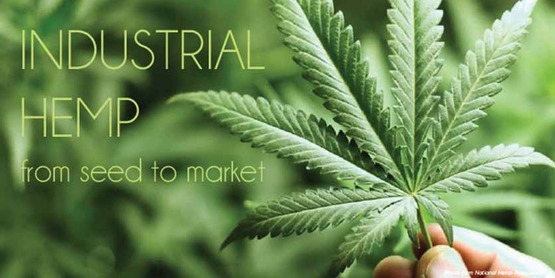The Material of the 21st Century: Hemp

Take the plastic pollution issue. Even when Southeast Asia was accepting our plastic waste, recycling was making only a tiny dent in the horrific torrent of plastic pollution that’s now making its way all the way into our food supply.
The only way to cease generating this waste is biodegradable containers, and, one of the best in that respect is hemp, which can be grown specifically for the industrial and commercial uses, including paper, textiles, clothing, biodegradable plastics, paint, insulation, biofuel, food, and animal feed.
Also, grows far faster than trees; it requires just 100 days to grow to a stage where its fibers can be used. In contrast, you are looking at a minimum of 50-100 years for a tree to reach a similar stage.
If you’re into petitions, here’s the one I just signed.

Craig,
I have long been an advocate for the production of Hemp.
This plant can indeed replace many plastic products, in many cases more cheaply and easily.
Hemp grows rapidly and rarely needs herbicides. It has a strong resistance to most pests and best of all like all legumes enriches the soil with nitrogen so it’s ideal as rotation crop for the cotton industry.
Tt’s an ideal crop to deploy in land rehabilitation preventing desertification. With a long tap root able to reach water, bind and aerate the soil where other plants can’t, hemp crops are suitable for areas prone to drought or flooding.
Hemp was originally grown for the rope industry and was enormously encouraged during WW2, when it was considered a priority war material.
Competition from plastics and government hysteria surrounding the THC level in some strains led to the USA actively destroying Hemp as a world crop.
In the late 1940’s,bizarrely inaccurate films such as “Refer Madness” etc, led to the abolition of the Hemp industry on health grounds, while the Tobacco industry received government support!